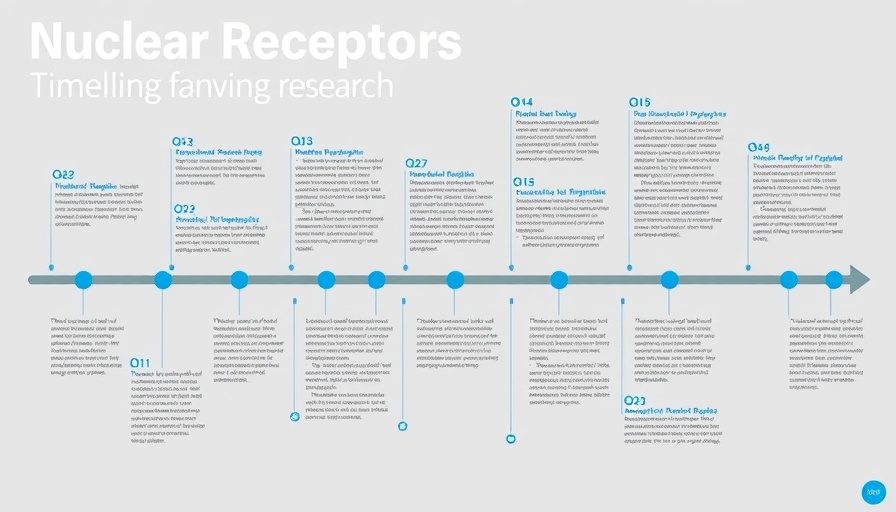
Unlocking Regenerative Medicine: The Role of Stem Cells in Treating Liver and Kidney Diseases
Liver and kidney diseases pose significant global health challenges, encompassing high rates of morbidity, mortality, and insurmountable socio-economic burdens. Notable conditions like hepatocellular carcinoma (HCC), primary sclerosing cholangitis (PSC), and chronic kidney disease (CKD) exemplify the pressing need for advanced therapeutic strategies. Traditional treatment paths are stunted not only by high costs and poor outcomes but also an alarming shortage of donor organs necessary for transplantation, creating an urgent impetus for innovative solutions.
The Promise of Stem Cell Therapy
Stem cell therapy stands poised at the forefront of regenerative medicine, showcasing the power of cellular interventions to address major health issues. Recent advancements in stem cell technologies have illuminated their regenerative, immunomodulatory, and paracrine therapeutic potentials. Specifically, mesenchymal stem cells (MSCs) from bone marrow have displayed efficacy in combating challenges associated with liver cancers. These stem cells work through complex mechanisms that modulate tumor behavior and alter disease progression.
Emerging Challenges and Opportunities in Kidney Disease Therapy
Similarly, ongoing research aims to harness stem cells as therapeutic agents in kidney disease, an area that demands critical attention. Current pharmacotherapies for PSC reflect the challenges that accompany inflammatory diseases that are inadequately managed by traditional medicine. Stem cell-based interventions may offer a new frontier in treatment, addressing underlying immune responses that contribute to these persistent ailments. Furthermore, advancements in 3D stem cell models underscore a critical opportunity to improve liver fibrosis treatments, enhancing the precision and effectiveness of current therapies.
Innovative Strategies for Enhanced Cellular Health
Emerging strategies also include small molecule-based chemical approaches that optimize hepatocyte transplantation to improve engraftment and long-term functionality. These avenues point to essential aspects of regenerative therapy that prioritize cellular health, factors critical in cellular repair and rejuvenation processes. The impetus for utilizing NAD+ boosters and understanding the benefits of autophagy could lead to revolutionary insights and methods to counter cellular aging.
Research Contributions to Watch
This research endeavor compiles a wealth of knowledge from multiple studies investigating stem cell therapy for liver and kidney conditions. It integrates contributions from leading experts who breakdown pharmacological treatments for PSC and outline innovative interventions that hold great promise in transforming patient care.
As we advance, it’s vital to continually explore the implications of stem cell research not only in treatment terms but also in understanding the underlying mechanisms of cellular rejuvenation. The conversation surrounding stem cell therapies is not just about tackling diseases—it's fundamentally about enhancing the very essence of cellular vitality.
 Add Row
Add Row  Add
Add 




Write A Comment